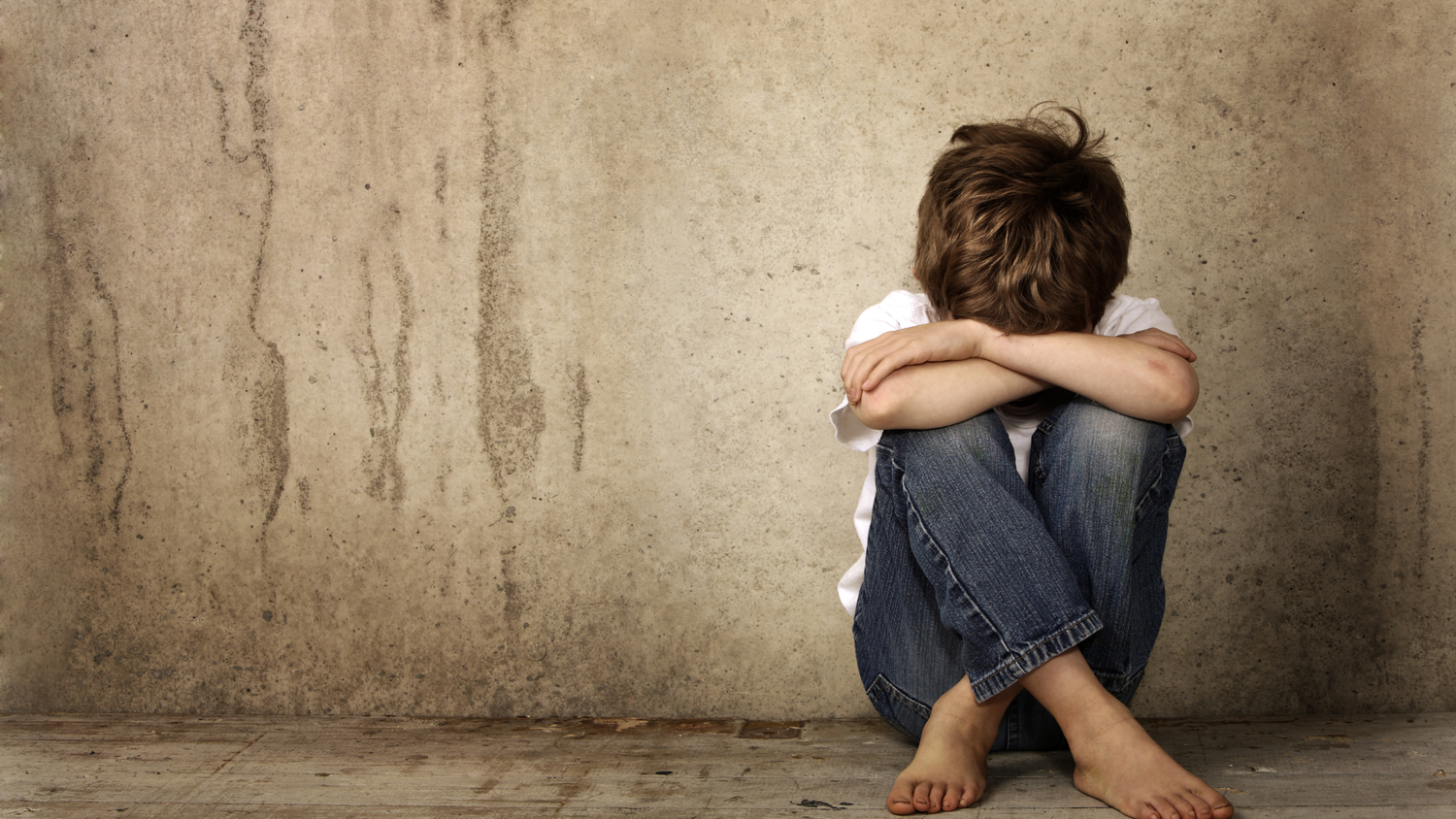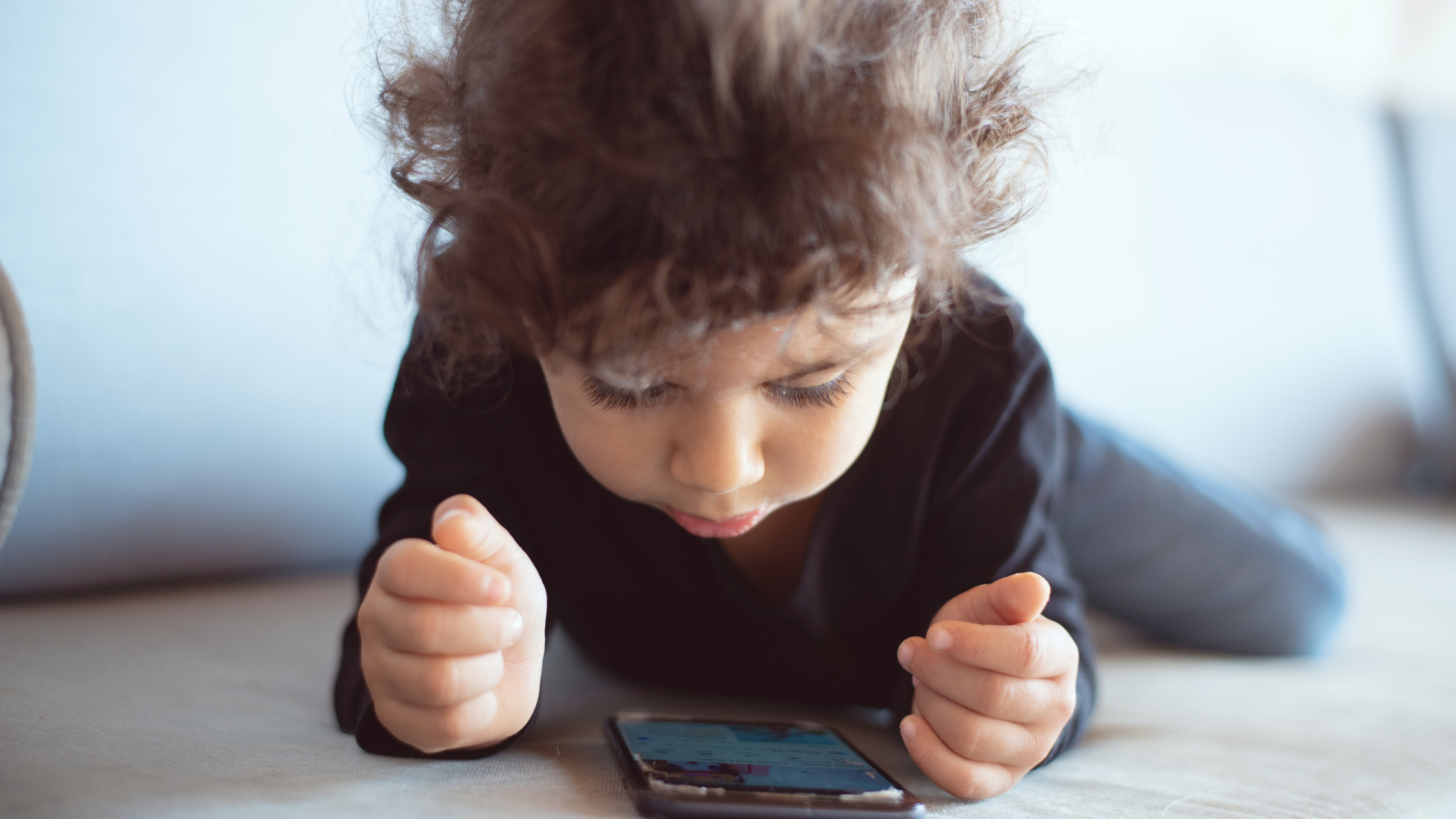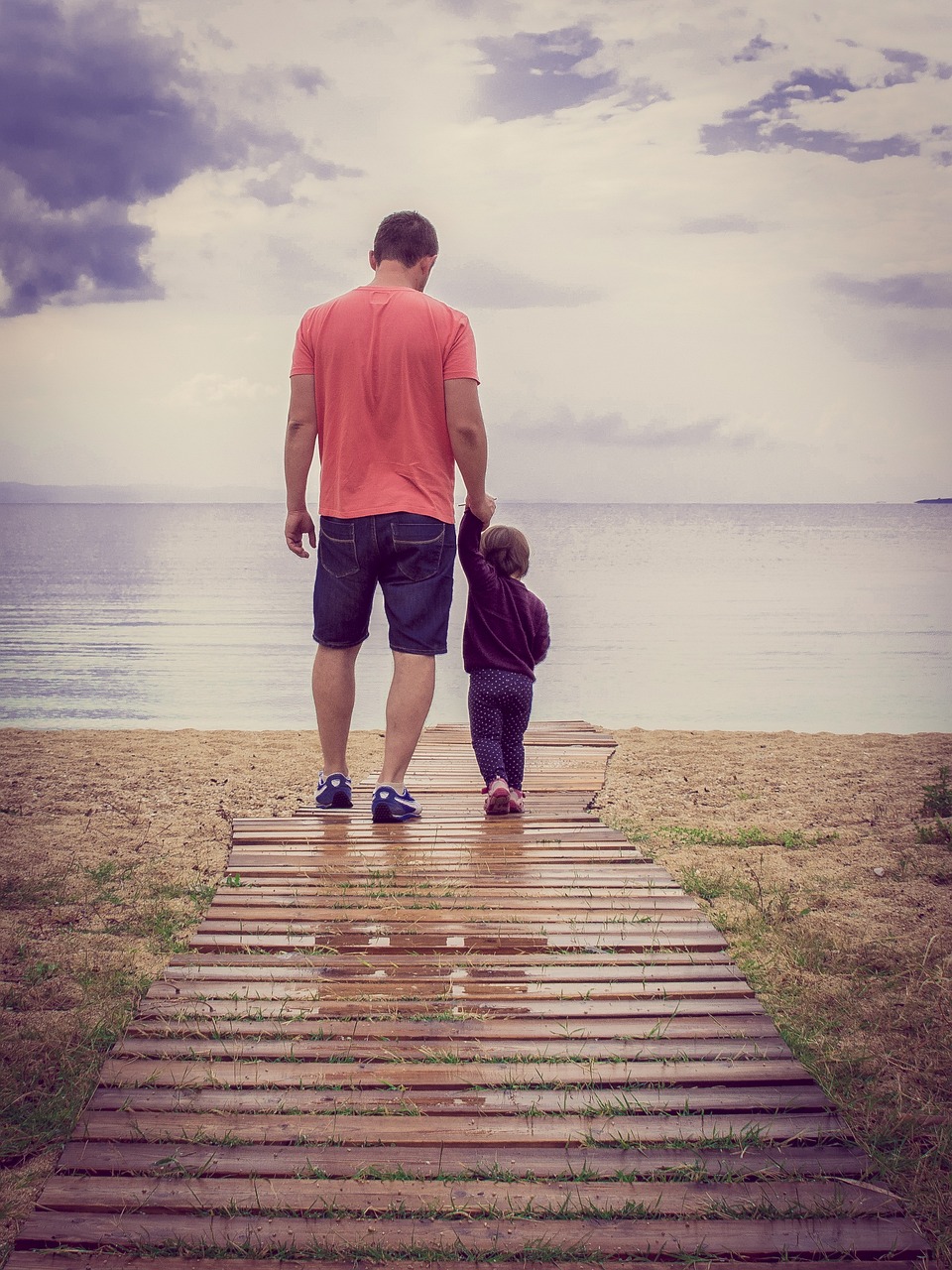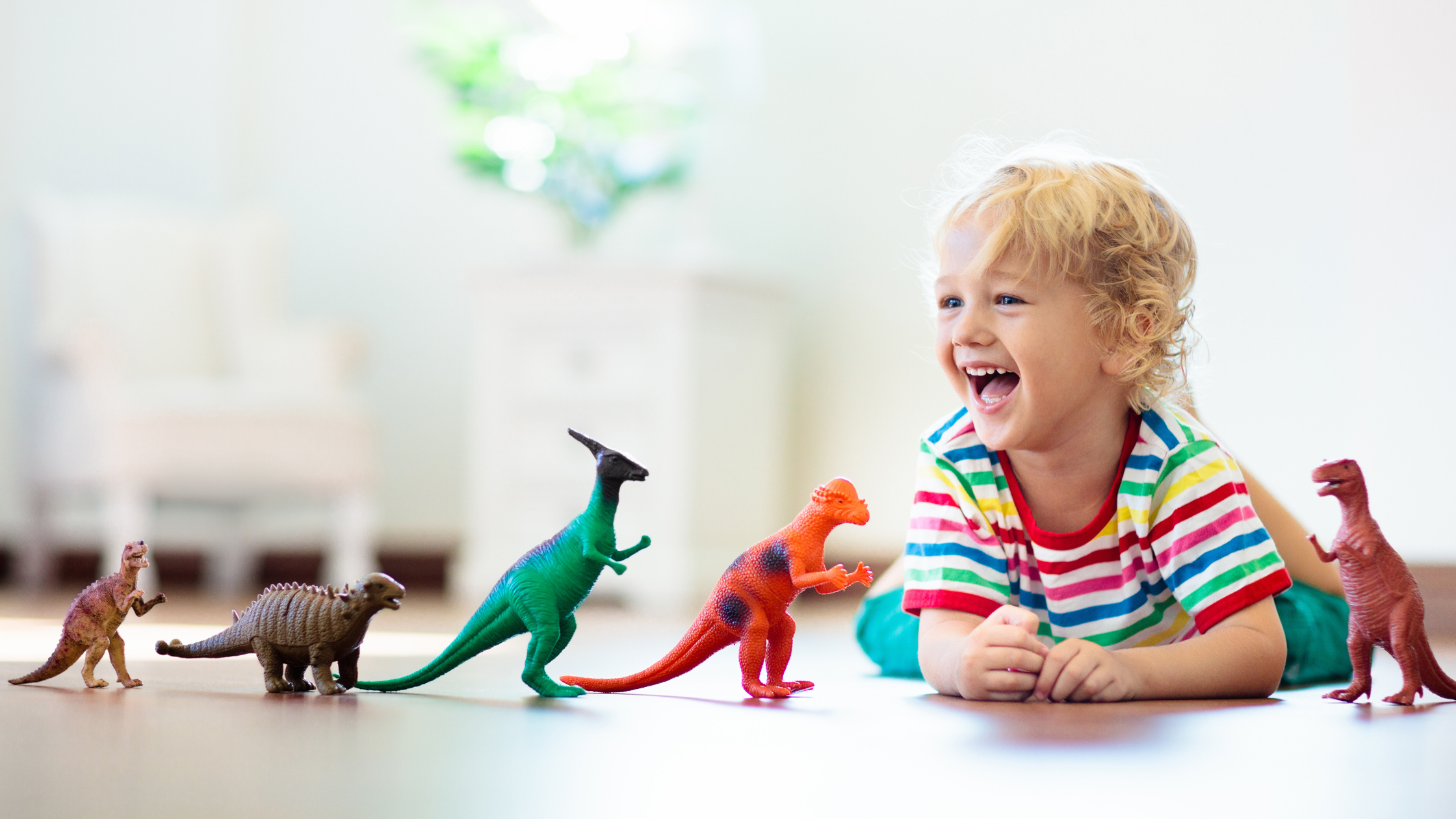With the news of a Missouri school district bringing back spanking as a form of discipline, it is clear that we need to bring science to the forefront to remind everyone about the negative consequences of spanking, a form of corporal punishment.
For over 5 years, I have been highlighting the research that is clearly against the use of spanking, yet every time I post about it, I get messages from angry parents feeling that they have been judged and that spanking, from their experience as a child or as a parent, is the best way to make their child “compliant”.
Research has taught us that discipline is a form of education. This is how parents can teach their children what is the right way to function in society. According to a 2017 study (Taylor et al.), 76% of men and 65% of women believe it is sometimes necessary to discipline a child with a “good hard spanking”. What we now know from research is the importance of creating a strong attachment with your child, being sensitive and attuned to their needs, and creating clear boundaries. Where does spanking fit into this?
Let’s approach this from a human perspective. I have taught my 3 kids to never use their bodies to express emotions including anger. There is never a right reason to hit another human being. Then why are we still hitting children? What are they learning in that moment?
Let’s break down a situation to look at this more closely:
Situation: Child throws a toy at you in frustration because you said it was bedtime.
Parent: How dare you throw a toy at me! Come here!
Hits the child on the bottom or arm.
Inside the child’s brain: This is the person that should make me feel safe but they have caused me physical pain. I was so frustrated that I couldn’t continue playing with my cars. I was having fun.
Questions to ask yourself:
- Did I teach my child what the right behavior would have been in this situation?
- Did I address the underlying emotion? (they were frustrated…what SHOULD they do next time they are frustrated?)
- Did I show my child respect, similarly to the respect I would expect from adults in my life?
- Did I help my child feel seen or heard, similar to how I would want to feel seen and heard from adults in my life?
Let’s try that again, shall we?
Situation: Child throws a toy at you in frustration because you said it was bedtime.
Parent (removes the toy and re-established the boundary): I will not let you throw a toy at me. We do not throw toys in our home. You could have hurt me. I will keep this toy with me (consequence is linked to the behavior)
Child: NO! I don’t want to go to bed!
Parent (kneels to be at the height of the child and uses a softer tone than before): I see that you were having fun with your cars and I know bedtime isn’t as fun as playing, but it doesn’t make it ok for you to throw a toy at me. If you would have used your words and asked me for 5 more minutes (showing them the alternative), I could have given it to you, but now we need to go take a bath. I won’t let you throw a toy at me.
Child (crying): I don’t want to!
Parent: You can walk to the bathroom or I can carry you (maintaining the boundary and consequence) but either way, it is bath time now. I know you are frustrated. I can tell by your voice and your expression (which teaches them about emotions and helps them feel seen). Tomorrow night, I know you will remember to ask me for 5 min rather than throw a toy at me (shows the child that they believe in them).
The science of spanking:
According to a study in the US, 5 factors predicted whether a parent would use spanking as a form of discipline: living in the South of the US, religious beliefs, lower education levels, lower socioeconomic status, and greater exposure to corporal punishment during childhood.
Spanking and corporal punishment are still used in many parts of the world, even if it has been linked to a multitude of negative social, emotional, behavioral, neurophysiological, and physical consequences for children (Durrant & Ensom, 2012). Corporal punishment increases the chance of a child having a mental health disorder or having aggressive behavior (Gershoff & Grogan-Kaylor, 2016; Zolotor, Theodore, Chang, Berkoff, & Runyan, 2008, MacMillan, & Sareen, 2012 ; Rodriguez & Henderson, 2010). In one of the first large studies in 1997, found that physical punishment between the ages of six and nine years predicted higher levels of antisocial behavior two years later (Straus et al. Arch Pediatr Adolesc Med 1997).
In a large study with over 500 children ages 3-8 with difficult behavior, parents were trained to stop using physical punishment and to implement other parenting behaviors. Parents were trained to use the Incredible Years Parent Training Program. This program teaches parents child-directed play skills, effective parenting skills, communication and problem-solving skills, strategies for coping with stress, and ways to strengthen children’s prosocial behaviors and social skills. This program has been repeatedly shown to improve parenting and reduce noncompliant and aggressive behaviors in children. Results showed improvements in behavior in the children whose parents stopped using physical punishment as a form of discipline.
The research is clear that there can be negative consequences to using spanking and physical punishment to discipline our children and that there are indeed alternatives that are effective at helping children with behavior difficulties.
If you or your partner are using physical punishment in your home, take a moment to discuss if there are alternatives to using this. We don’t need to judge parents that are spanking their children, we need to approach it with curiosity and compassion. How can we educate all parents and help them see that there are alternatives for difficult behavior?
Are we, as a society, ok with using physical harm on any human? Are we not trying to minimize violence in our society? It starts in our home. Showing our children that we can regulate our emotions, we can be their safe space and we can show them respect even when we are mad will show them how to treat others around them.
Can’t we agree on a goal to treat humans we kindness, especially children?












